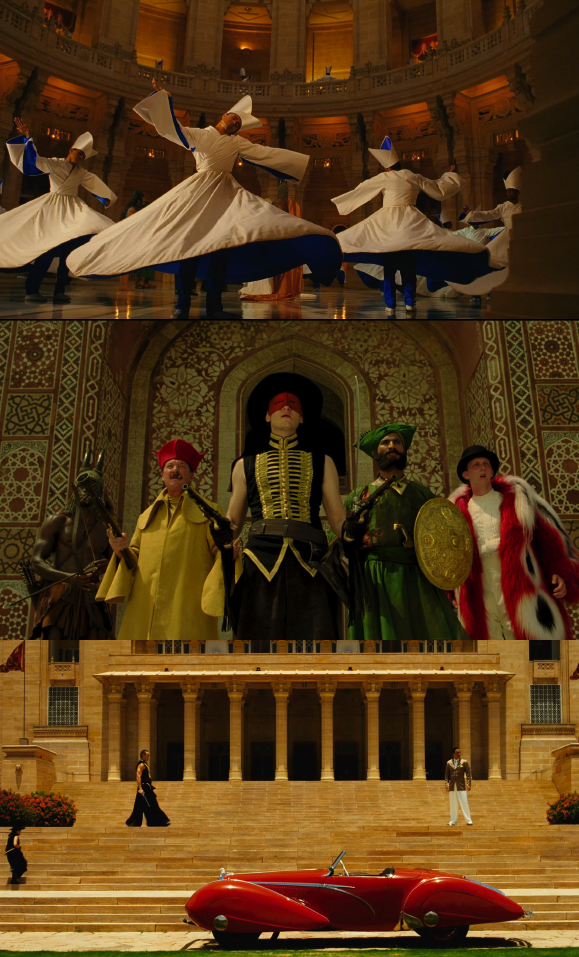EIKO ISHIOKA
Masters of Craft: Fashion Design. A visionary in design and creative arts, an award winning designer for the screen and a trailblazer for women in the artistic world.
Eiko Ishioka was a renowned Japanese graphic designer, art director, and costume designer who left an indelible mark in the creative arts industry. Born in Tokyo in 1938, Ishioka began her career as a graphic designer for advertising agencies and eventually transitioned to designing film sets, costumes, and stage productions. She won numerous awards for her work throughout her career, including an Academy Award for Best Costume Design for the 1992 film Bram Stoker's Dracula.
Ishioka's designs are known for their bold and unconventional approach, often incorporating elements of the surreal and fantastical. She was adept at blending traditional Japanese aesthetics with modern, avant-garde sensibilities, creating works that were both visually striking and emotionally powerful.
One of Ishioka's most notable works was her costume design for Bram Stoker's Dracula. Her flair for the fantastic and intricate took visual cues not from Boris Karloff but from the paintings of Gustav Klimt, which won her an Oscar. Later her film included partnership with Director Tarsem Singh on The Cell with Jennifer Lopez and The Fall. Ishioka’s style also lends itself to album covers, where she successfully escalates another commercial form to a higher art. For the late legendary jazz horn player, Miles Davis, she visually glorified Davis for his 1987 release Tutu and earned a Grammy Award for best Album Package Design. Ishioka's costumes were praised for their intricate details and stunning visual effects, including LED lighting and animatronic elements.
Ishioka's impact on the creative arts industry extended beyond her work as a designer. She was a mentor and inspiration to many young designers and artists, particularly in Japan, where she was seen as a trailblazer for women in the field. Ishioka passed away in 2012 at the age of 73, leaving behind a legacy of groundbreaking designs and unparalleled creativity.
Despite her success and accolades, Ishioka faced criticism and controversy throughout her career. Some critics accused her of creating designs that were too avant-garde and inaccessible to mainstream audiences. Others criticized her for her lack of diversity in casting, particularly in her work on the film The Cell.
Regardless of these criticisms, Ishioka's impact on the creative arts industry cannot be denied. Her designs continue to inspire and influence designers and artists around the world, and her legacy serves as a reminder of the power of creativity and innovation.





